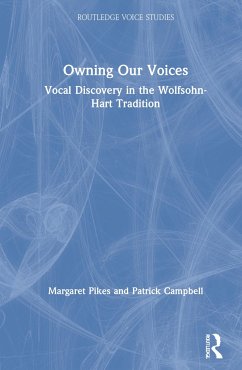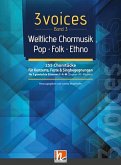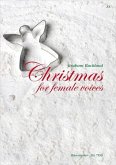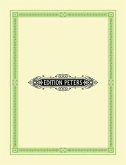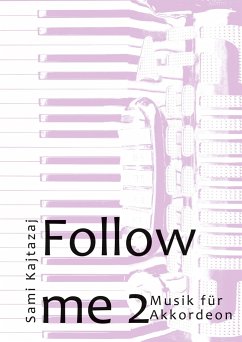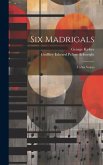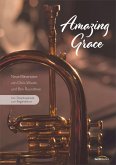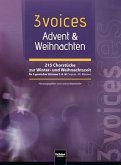Owning Our Voices offers a unique, first-hand account of working within the Wolfsohn-Hart tradition of extended voice work by Margaret Pikes, an acclaimed voice teacher and founder member of the Roy Hart Theatre. This dynamic publication fuses Pikes' personal account of her own vocal journey as a woman within this, at times, male-dominated tradition, alongside an overview of her particular pedagogical approach to voice work, and is accompanied by digital footage of Pikes at work in the studio with artist-collaborators and written descriptions of scenarios for teaching. For the first time, Margaret Pikes' uniquely holistic approach to developing the expressive voice through sounding, speech, song and movement has been documented in text and on film, offering readers an introduction to both the philosophy and the practice of Wolfsohn-Hart voice work. Owning Our Voices is a vital book for scholars and students of voice studies and practitioners of vocal performance: it represents a synthesis of a life's work exploring the expressive potential of the human voice, illuminating an important lineage of vocal training, which remains influential to this day.
Hinweis: Dieser Artikel kann nur an eine deutsche Lieferadresse ausgeliefert werden.
Hinweis: Dieser Artikel kann nur an eine deutsche Lieferadresse ausgeliefert werden.
"An original member of the Roy Hart Theatre Company, Margaret Pikes's autobiographical experience as a woman emerging from this historical, cultural and artistic context exposes the development of Wolfsohn's seminal praxis through her work. Her reflective writing opens up and questions the dominant ideologies that she suggests 'pervaded and steered the philosophy underpinning the Roy Hart Theatre's approach to voice training. [...] A cultural craft, Owning Our Voices: Vocal Discovery in the Wolfsohn-Hart Tradition (2021) from Pikes and Campbell opens important questions about western approaches to contemporary voice and speech training. [...] Pikes's methodology and approach to voice training and performance furthers the possibility of not only discovering the practice of 'freeing the voice' but rather, a way of training that perhaps allows the individual to discover and 'own' their individual voice and give it expression." - Amy Rome, Journal of Interdisciplinary Voice Studies

